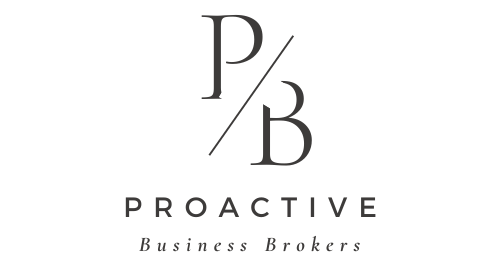Whether you’re contemplating a potential sale, seeking investment, or simply planning strategically for the future, understanding the true value of your business is critical. A business valuation provides a reality check, empowering you to make informed decisions that maximise your company’s potential.
What is Business Valuation?
Business valuation is the process of assigning a monetary value to your business. It’s both an art and a science, blending objective financial analysis with nuanced market insights. While there isn’t a single, universally accepted formula, there are various established methods used by professionals to determine a fair and defensible value.
Why Does Business Valuation Matter?
- Selling Your Business: A realistic valuation serves as a starting point for negotiation and ensures you get the price your business deserves.
- Attracting Investors: Investors want to see a well-founded valuation justifying their investment.
- Mergers and Acquisitions: Valuation is a critical component when merging or acquiring another company, ensuring a fair exchange for both parties involved.
- Estate and Tax Planning: Accurate valuations are essential for estate planning and minimising tax liabilities.
Common Business Valuation Methods
- Asset-Based Approach: This method focuses on the fair market value of your business’s assets (tangible and intangible) minus its liabilities. It’s often used for businesses with significant physical assets.
- Income-Based Approach: This emphasises future income potential. Methods include:
- Discounted Cash Flow (DCF): Estimates future cash flows and discounts them to present value.
- Capitalization of Earnings: Projects future earnings based on historical performance, applying a multiple for risk.
- Market-Based Approach: Compares your business to similar businesses recently sold or publicly traded. Market multiples, such as price-to-earnings or price-to-revenue, are applied.
Factors That Impact Valuation
Beyond the numbers, several qualitative factors influence your company’s valuation:
- Industry Trends: Businesses in high-growth industries with strong future projections command higher valuations.
- Brand Recognition: A strong brand with positive customer perception enhances value.
- Competitive Landscape: Limited competition and market dominance can drive up your business’s worth.
- Management Team: A strong management team with a proven track record inspires confidence and increases value.
- Growth Potential: Demonstrating opportunities for expansion and increased profitability attracts both buyers and investors.
The Role of Professional Appraisers
For complex situations, obtaining a professional business valuation offers advantages:
- Expertise: Certified business appraisers have specialised knowledge of valuation methodologies, market research, and industry-specific nuances.
- Objectivity: An independent appraiser provides a third-party valuation, free from personal bias.
- Credibility: A professional valuation lends weight to negotiations with potential buyers, investors, or tax authorities.
Important Considerations
- Purpose of Valuation: Tailor the valuation approach to its intended use (sale, attracting investors, tax planning, etc.).
- Timing: Business valuations are time-sensitive. Market conditions and performance can fluctuate, impacting results.
- Valuation Isn’t Static: Regularly reassess your business’s value, especially regarding significant growth or industry shifts.
Unlocking the Value of Your Enterprise
Understanding your company’s worth is more than just a number – it’s a tool for strategic decision-making. By taking the time to assess your company’s valuation, whether through self-analysis or with professional guidance, you gain valuable insights that can drive your business toward increased profitability and long-term success.
